Author Archives: Israel Rosas
Author Archives: Israel Rosas

According to the global IXP Database, as of January 2021, of the 630 registered Internet Exchange Points (IXPs), 229 are in Europe, 126 in North America, 140 in Asia-Pacific, 96 in Latin America and the Caribbean (LAC), and 39 in Africa. Although the LAC region is second-last on the list, there has been a strong […]
The post Four New IXPs Take off in Central America and the Caribbean appeared first on Internet Society.

Of the four new Internet traffic exchange points in Latin America, the most advanced is IXP.GT in Guatemala. It started in November 2019 with three participants. A little over a year later it already had 10. Most are Internet service providers (ISPs), plus the university network. “The IXP is the best thing that happened to […]
The post IXP.GT Improves Speed, Lowers Costs, and Increases Resilience and Security of Guatemala’s Internet appeared first on Internet Society.

The Dominican Republic’s new Internet Exchange Point (IXP) already has 24 members, three of which began exchanging traffic in November 2020. Another four will start this quarter – including the largest operators in the country. The IX.DO was born after frustrated attempts. A government-led initiative in 2007 never became operational and the data center NAP […]
The post In the Dominican Republic IX.DO Begins Silent Production, with Several Committed Members appeared first on Internet Society.

The history of El Salvador’s Internet exchange point (IXSal) is perhaps the longest and most complex, beginning at the end of the last century, in 1999, explains its founder, Lito Ibarra, with a smile. “It started out as a utopia after I started hearing about the experiences of other countries.” Ibarra wrote proposals and received […]
The post After Two Decades, the Party Is Ready for the IXP in El Salvador appeared first on Internet Society.
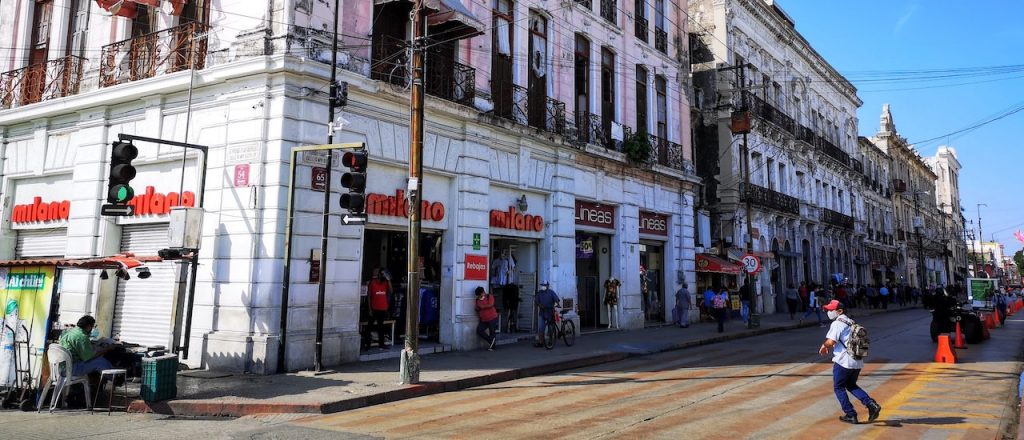
Despite being the second-most populated country in Latin America, with significant Internet consumption, by the end of 2019 Mexico only had one established Internet exchange point (IXP) – CITI, in three locations (Mexico City, Querétaro, and Tultitlán). In comparison, Argentina and Brazil have more than 30 points each.
In Mexico’s southeastern region – which has the country’s highest poverty rates and lowest connectivity – there were none. This prompted a committed group of people in the State of Yucatán to set out to create an IXP in 2014.
Their efforts intensified in April 2018, with the signing of the founding act for the Internet Exchange Services Yucatán (IXSY), a nonprofit association to administer the node in Yucatán.
In May 2018, the First National IXP Forum was organized. There, IXSY gained the support of Yucatan’s state government. But in July, that government lost the state elections, putting the project on pause.
Still, the new government didn’t take long to see the project’s relevance, says Carmen Denis Polanco, director of the IXSY. “It is beautiful and valuable that it did not become a political issue, but something that was important for the state. A new team of people was formed that could Continue reading
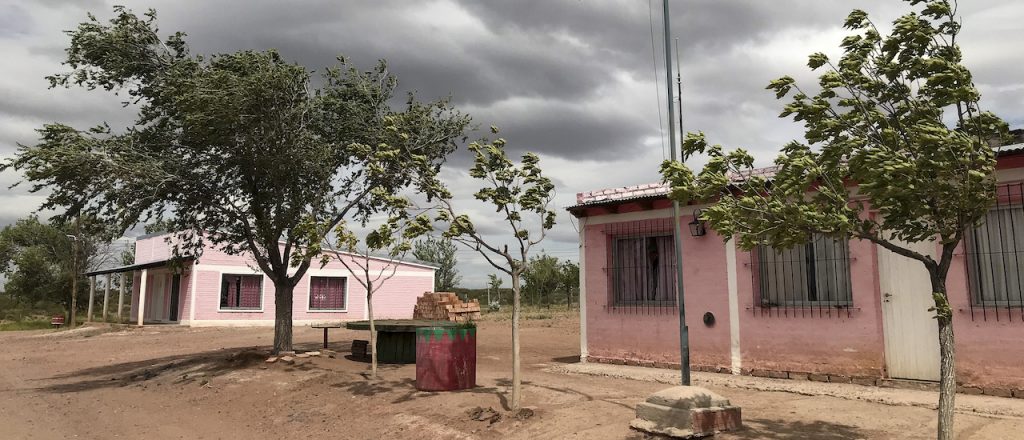
Our global community of Chapters is vibrant. Chapter members implement projects, share ideas, and take actions that help bring the Internet Society’s vision to life. In particular, the leaders of the Latin American Chapters have had the opportunity to meet annually in a workshop dedicated to them.
2020 has led us to think of new ways to keep in touch and continue working for the Internet to remain open, globally-connected, trustworthy, and secure for everyone. This is why, from October 26 to 30, we held the 2020 Latin American Chapters Workshop in virtual format, with 100% participation of the Latin American Chapters.
Through 20 sessions, the workshop was a collaborative space and a meeting point for the staff and the Internet Society community. The 333 people who participated shared their knowledge and experience around topics related to our 2020 Action Plan. To offer a holistic approach, we also held sessions on leadership and Chapter management.
At the end of each day we created a summary of the most important points of each session. For these summaries we decided to give the audio format a try and created a playlist that you cannot miss. Listen – each episode lasts about five Continue reading

2019 has been a very good year for the Internet in Latin America and the Caribbean. In May, during the 31st meeting of LACNIC, several operators pledged to take steps to make routing security, and the Internet itself, stronger. They joined the MANRS initiative, which includes four simple and concrete steps to improve the Internet’s security and reliability. In August, NIC Mexico convened the second meeting of network operators in the country, during which routing security stood out as one of the main issues on the agenda.
The Internet Society also made progress on collaboration with National Research and Education Networks (NRENs) and higher education institutions. During the TICAL 2019 meeting, we offered a workshop on MANRS in collaboration with RedClara, LACNIC, the University of Guadalajara, ANUIES, and the Autonomous University of Yucatán. This workshop was part of a series of virtual sessions started in April, which ended on October 2 during the ANUIES-TIC meeting with a long-term practical workshop.
As we head to the final stretch of the year, the 32nd meeting of LACNIC will be a new opportunity to work with network operators to improve the security of the Internet. From Panama we will advise anyone interested in Continue reading
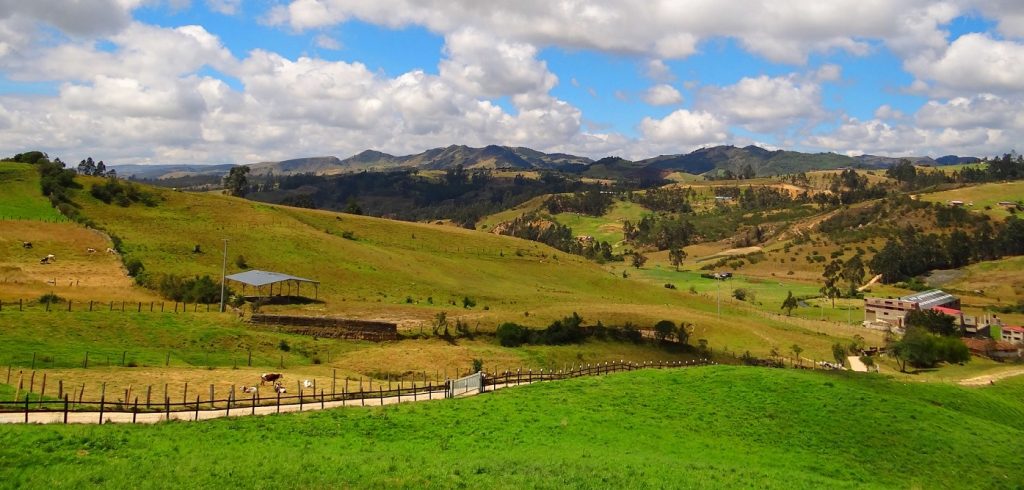
The University of Cundinamarca will host the Second Latin American Summit of Community Networks September 24-28. The event is organized by the Community Networks Special Interest Group, the Fusa Libre Collective, and the Colombia Chapter, with backing from the Internet Society.
The Summit, which will include representatives of 24 organizations that operate community networks in different countries, is meant to be a resource for the region. On the first day there will be 12 presentations that will share experiences from projects developed in countries such as Argentina, Colombia, Ecuador, and Mexico.
During the rest of the Summit, attendees will explore topics that will help strengthen their projects and enhance their development. The topics addressed in these working sessions have been defined collaboratively: gender-related issues, regulatory frameworks, local content, methodological strategies for community work, and actions for the promotion and deployment of new community networks. It could not be otherwise in a community where collaboration has stood out. In addition, attendees can share their experiences and best practices.
Although many people are familiar with the term “community networks,” their collaborative nature can be a surprise to those who are learning about how they function. Seeing people working together to plan, Continue reading
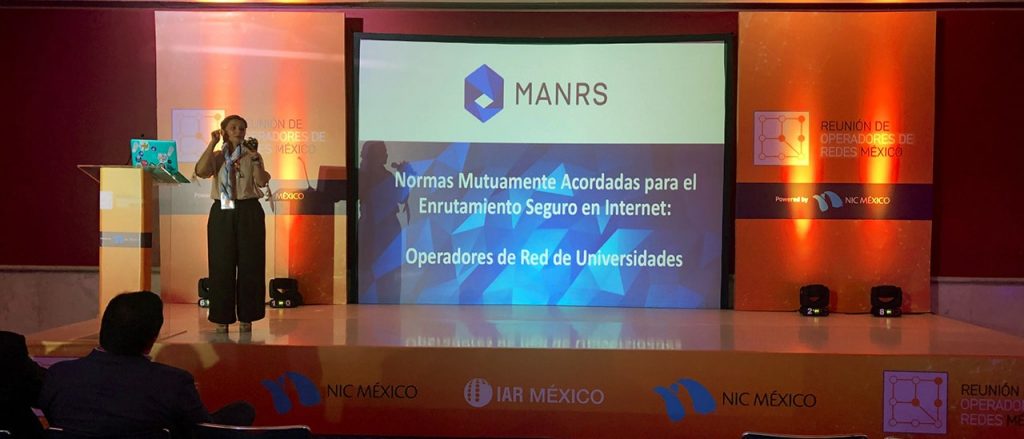
Collaboration is a basic element for Internet development. Without it, connections among networks would be non-existent and the Internet wouldn’t have its global reach. Without it, the Internet wouldn’t exist as we know it. Fortunately, there are many groups that use collaboration and other elements of the Internet networking model.
On August 14, NIC Mexico convened the second meeting of network operators in the country. After a first successful meeting held in 2018, this year’s event exceeded the expectations of the organizers. Edmundo Cázarez, Internet Resource Manager at NIC Mexico, said the organization placed greater emphasis on promoting the meeting among network operators, which led to increased participation.
MEXNOG, as the group of operators is also known, has capitalized on the enthusiasm of the participants through their meetings, but also through a mailing list. In the style of other Internet development groups, the mailing list has served as a meeting point and as a space for exchanging information and best practices among participants.
Therefore, the next step for the group is to strengthen participation in this space, as Edmundo points out: “We want the mailing list to be the contact point of the group. It has been used to Continue reading
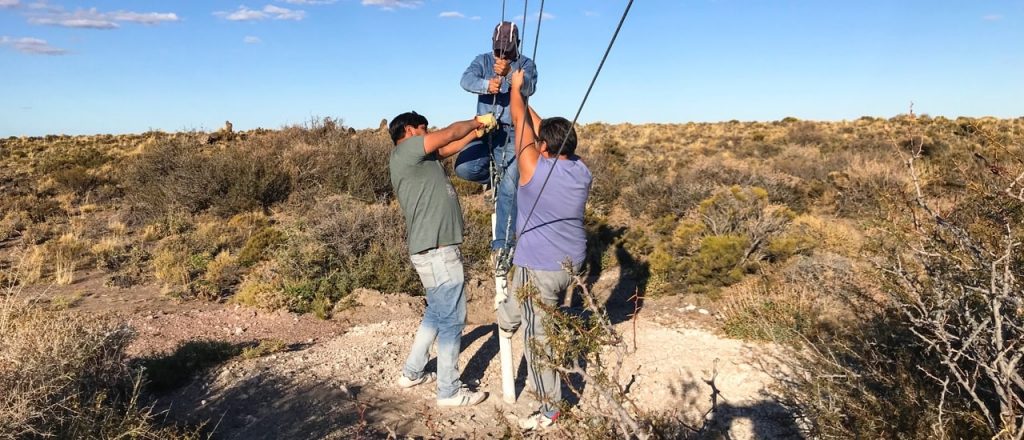
Patagonia, a region in Argentina made up of deserts, pampas, and grasslands, is known for its large areas of uninhabited territory. In the north sits the village of El Cuy, with just 400 residents. Far from the large urban centers, the people of El Cuy have adapted to the difficulties of accessing different services and technologies. The Internet is no exception, thanks to a new community network.
In several ways, the community network model represents the Internet model of networking come to life. Community networks are built and implemented by people, through collaboration – all stages of the process include the community working together. In the case of the El Cuy community network, support was also provided by the CABASE and the ENACOM.
For Christian O’Flaherty, the Internet Society’s senior development manager for Latin America and the Caribbean, Internet access has become a positive catalyst for community development. “The operation of this pilot program has motivated the residents to organize themselves into a cooperative. This step will allow inhabitants from El Cuy to have access to various fundings offered by actors such as ENACOM to increase the capacity of the Internet connection.”
Abel Martínez, a resident of El Cuy Continue reading

Trust is vital to the future of the Internet. The best way to build it is to let a diverse group of people and interested organizations contribute their experience and knowledge. For this reason, the Internet Society and the UNESCO Regional Office has developed a capacity-building program for judges, prosecutors, public defenders, and other judicial operators in Latin America and the Caribbean.
This program shares our vision for an open, globally-connected, trustworthy, and secure Internet for everyone. We allied with UNESCO to incorporate a plan related to freedom of expression, privacy, encryption, and access to public information. In this way the program responds to the needs of judicial operators facing real cases related to the use of the Internet.
For Raquel Gatto, Senior Policy Advisor of the Internet Society, the program represents an unprecedented opportunity: “The technical foundations of the Internet show us that collaboration is a fundamental factor for the functioning of the network. The Internet is a network of networks that trust each other, allowing interconnection. The Internet can not exist without such collaboration”.
Guilherme Canela, Regional Councilor for Communication and Information of UNESCO, says, “For 5 years, UNESCO, in cooperation with the Special Rapporteur for Freedom of Continue reading

Last week I had the opportunity to participate in the first edition of the International Internet and Entrepreneurship Forum (FIIE), in Monterrey, Mexico. The event was convened by NIC Mexico and other organizations of the Internet community of Latin America and the Caribbean as part of the activities of INCmty, an entrepreneurial festival with several years of tradition. The intersection between both topics is a fertile ground for reflection, especially in relation to the security of Internet of Things (IoT) devices.
IoT for Innovation and Entrepreneurship
The Internet has been known as a technology for facilitating innovation and entrepreneurship. The pace of technological development, together with the evolution of the Internet, has given rise to new solutions that seek to make life easier. Such is the case of the various devices connected to the Internet, which form the Internet of Things ecosystem.
Therefore, one of the issues addressed during the Forum was the role of IoT devices in the entrepreneurial ecosystem in the LAC region. There I took the opportunity to share the Internet Society’s vision of IoT security: we want people to benefit from the use of these devices in a trustworthy environment. The issue is particularly Continue reading